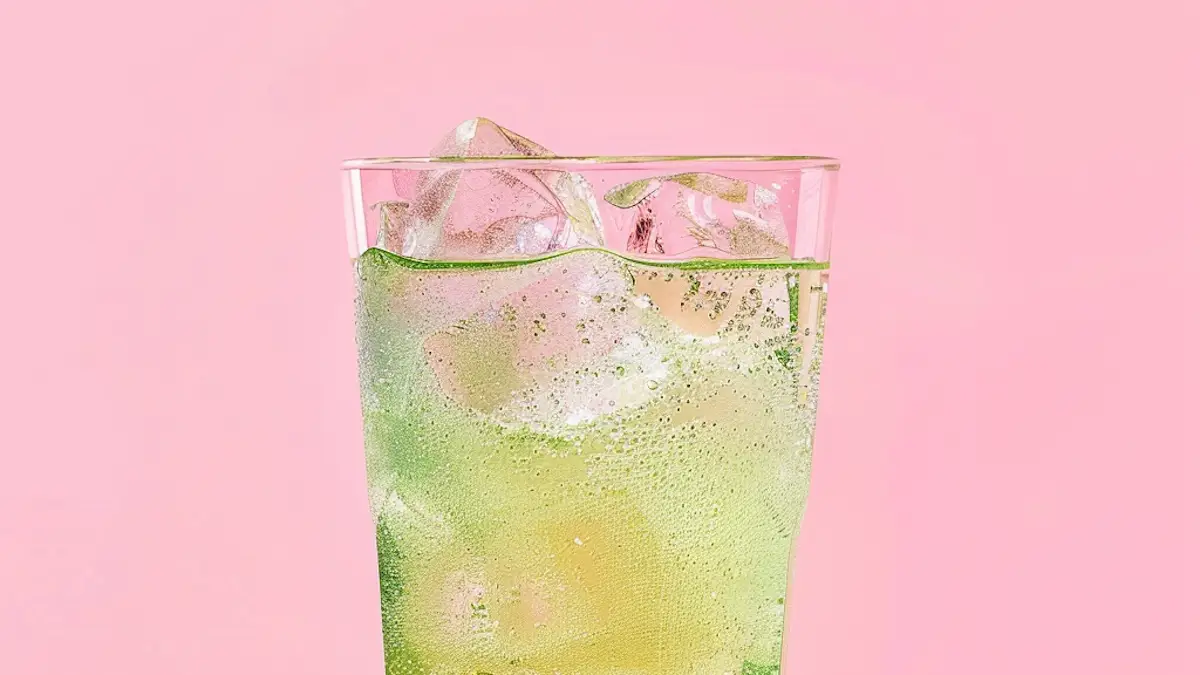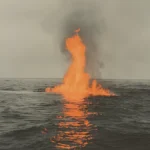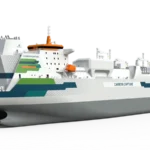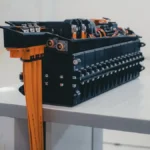Mountain Dew Flavors Linked to Disasters in Viral Conspiracy Theory
Have you ever wondered if your favorite soda could predict the future? A bizarre new conspiracy theory is spreading online that suggests Mountain Dew flavors somehow predict major American disasters. According to reporting from DailyMail, content creator Maverick Bailey has developed an elaborate theory connecting specific Mountain Dew flavor releases to tragic events like 9/11 and recent disasters. This unusual claim has captured attention on social media and podcasts despite lacking any credible evidence.
How This Conspiracy Theory Works
Bailey’s theory operates on the idea that PepsiCo, the company that makes Mountain Dew, somehow signals upcoming disasters through their flavor naming and release timing. He claims to have discovered a pattern where new Mountain Dew flavors seem to coincide with tragic events. This type of pattern-seeking is common in conspiracy thinking, where people try to find meaning in coincidences that don’t actually have causal connections.
When Bailey says flavors “correlate with” disasters, he’s not using scientific correlation. Instead, he’s looking for loose thematic connections between drink names and events. For example, connecting “Maui Burst” to wildfires simply because both contain “Maui.” The timing between flavor releases and disasters is often stretched across years, with no consistent timeframe required for his “correlation” claim.
The Alleged Mountain Dew-Disaster Connections
- Code Red and 9/11 (2001): Bailey claims the release of Mountain Dew Code Red in May 2001 somehow predicted the September 11 attacks four months later. He suggests the “Code Red” name symbolically warned of the emergency that would follow, despite the fact that “Code Red” is a common term for cherry-flavored products and the flavor was released months before the tragedy.
- Maui Burst and Hawaiian Wildfires: The theory connects the Maui Burst flavor (released in 2019) to the devastating Maui wildfires that occurred four years later in 2023. This demonstrates how the theory stretches timelines to force connections, as there was a multi-year gap between the product release and the disaster.
- Star Spangled Splash and Bridge Collapse: Bailey links this patriotic-themed flavor to the March 2024 collapse of the Francis Scott Key Bridge in Baltimore, suggesting the name hinted at the “splash” of the bridge falling. This connection relies solely on the coincidental use of “Francis Scott Key” in both the bridge name and the patriotic theme of the drink.
- Pitch Black and CrowdStrike Outage: The theory claims the re-release of the Pitch Black flavor predicted the global IT blackout caused by CrowdStrike, based solely on the word “black” appearing in both contexts.
When we examine the actual timeline of flavor releases and disasters, the connections become even more tenuous. For instance, Mountain Dew Code Red was introduced months before 9/11, and Maui Burst came out four years before the wildfires, showing how the theory selectively ignores the inconsistent timing.
Mountain Dew’s Unusual Response
Interestingly, when Bailey shared his theory online, Mountain Dew reportedly responded with a cryptic comment saying “Keep your voice down.” This playful response likely represents a marketing team choosing to engage humorously rather than dismiss the theory outright. Companies often struggle with how to address conspiracy theories, sometimes finding that direct denials can actually amplify false claims.
Future Predictions and Warning Signs
Bailey now warns about the upcoming Baja Midnight flavor scheduled for release in summer 2025, suggesting it might predict another disaster. This demonstrates how conspiracy theories often evolve to include future predictions, making them self-perpetuating. When new disasters inevitably occur in the future, believers can retroactively connect them to product names, creating an endless cycle of false connections.
| Conspiracy Theory Element | Reality Check |
|---|---|
| Claims Mountain Dew flavors predict disasters through symbolic names | Relies on loose word associations and ignores thousands of products that don’t match with any disasters |
| Suggests PepsiCo has foreknowledge of tragic events | Provides no plausible explanation for how a beverage company could predict random disasters years in advance |
| Points to “correlations” between flavors and events | Uses inconsistent timeframes and cherry-picks examples while ignoring countless flavors with no disaster connections |
Why Conspiracy Theories Like This Matter
While this theory might seem harmless or even amusing at first, conspiracy theories can have serious negative impacts. According to information from the Harvard Kennedy School’s Misinformation Review, such theories contribute to social polarization and can undermine trust in public institutions. They can lead people to reject scientific evidence, avoid important health measures, and even justify harmful actions.
Conspiracy theories thrive in times of uncertainty when people seek explanations for complex or frightening events. The human brain naturally looks for patterns and meaning, sometimes finding connections where none exist. Social media amplifies these ideas, allowing them to spread rapidly without fact-checking.
This Mountain Dew theory represents a classic example of how coincidental connections can be transformed into elaborate conspiracies. By understanding how these theories work, we become better equipped to evaluate extraordinary claims with appropriate skepticism.






